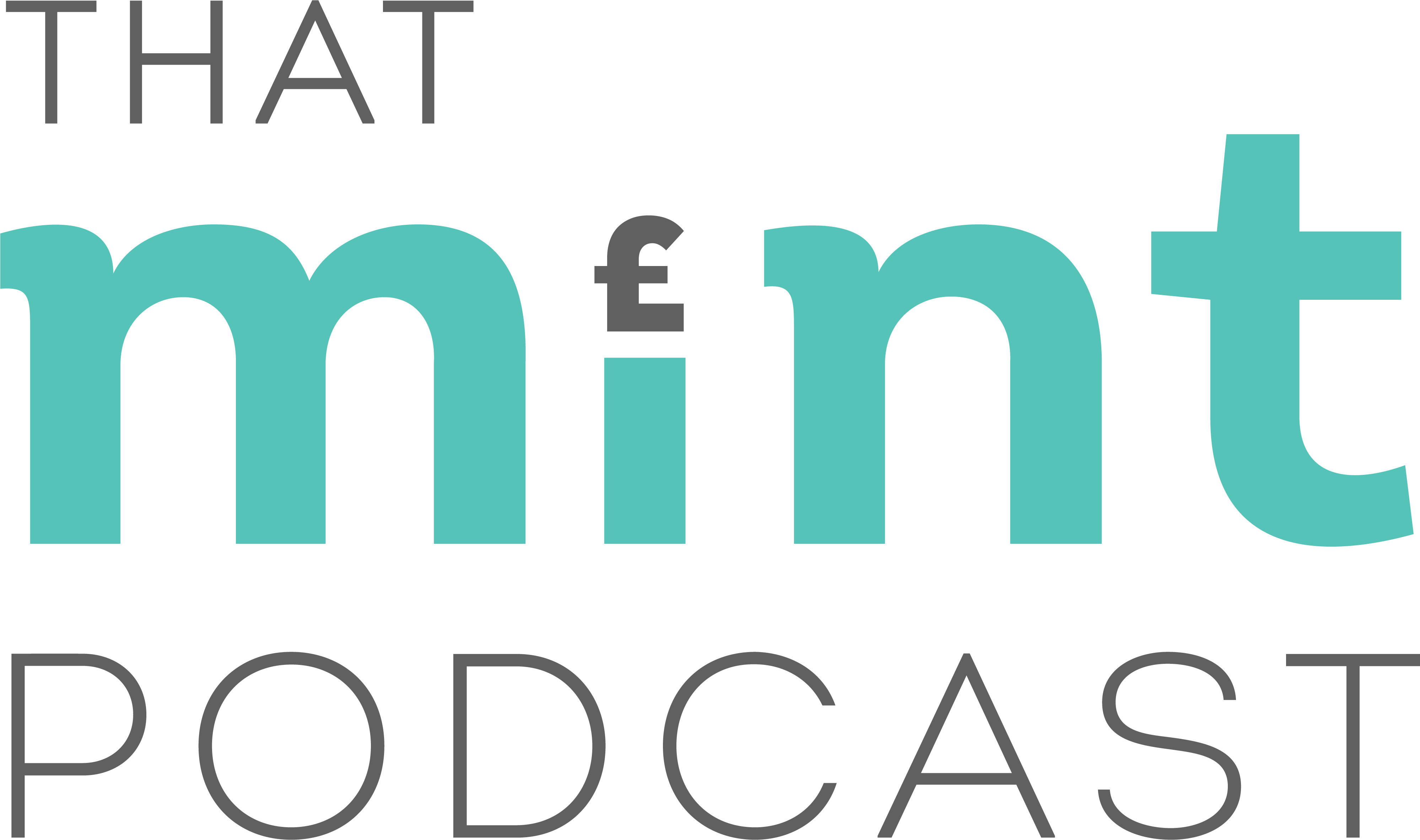We start the podcast this month with a quick life update from Cathi and Jo, from small house parties to last-minute ‘holidays’, the ladies managed to make the most of the latest government guidelines, and of course, wine, wine, wine! There was also a brief mention of The Verve Group Annual Summit and Awards which (hopefully!) takes place on the 1st September in London – the first in-person event since Covid-19 – so if you’re up for a party and fancy bringing about systematic change to the financial services industry whilst you’re at it, get your tickets now!
Cathi and Jo discuss the importance of insurance and how we should not travel without it when we go on holiday, and that we should definitely have it when we drive our cars – isn’t that right Cathi?
So, moving on to finance! One of the main topics of conversation was a hypothetical question from a listener who was learning about tax and wanted to know how chattel disposal and capital gains tax work for a tortoise. Tortoises can live up to over 100 years old and most likely will live longer than their owners, so this causes quite an interesting conversation which somehow ends in Cathi getting an emotional attachment to the world’s oldest tortoise who lives in the Seychelles – weirder things have happened, right?! Jo confesses that it can be really hard to fully understand tax planning if you don’t have an accountant, or two amazing podcast hosts, to break it down for you and make it easier to understand – this episode is definitely worth a listen if you need some help!
In other news, education around finance is slowly starting to make its way into children after school clubs, where they can earn ‘money badges’ based on their understanding of spending and saving money. I think this is a great idea as young people need to learn about finance at a young age, to help them make less bad money decisions in the future. (If you want to hear a few stories about bad money decisions, you can listen to last month’s episode, Episode 21 – Bad Money Decisions to have a giggle.) As we delve more into education and how it could be rolled out further, Cathi and Jo chat about what they would teach in a hypothetical lesson with college students. Apparently, Jo thinks a Ferrari can be used as an example to teach about all aspects of money – have a listen and let us know what you think?
We finally end the show with a great interview with Jessica Crawford (@j_mcmahon_), Head of Business Development at Informed Financial Planning. Jessica tells her story of how she took the lead on developing their business digitally to help grow, plus how this developed into her mission of educating young people on finance and how vital it is to get them engaged with finance at a young age. Her creative techniques include videos for TikTok, to help engage with them on a platform they can connect with and are already using. Do you think That Mint Podcast should have a TikTok account? Let us know in the comments below if you want to see ‘That Mint TikTok’ go live.
So, that’s a wrap for this month and what a brilliant episode. Thank you for listening and tuning in as always and we hope you learnt something new. Thank you again to our special guest Jessica, who is doing everything she can to broadcast finance to the younger generation – if you want to know more, please check out the videos she has created on her company website here.
As always, don’t forget to rate, review and subscribe on all our podcast channels and if you want a chance of winning our end of season giveaway, share our pinned post, tag a friend and don’t forget to hashtag #TMPGiveaway.
That Mint Meanings!
Chattel Disposal: Chattel is the tangible personal property that is movable between locations. It can refer to either animate or inanimate properties such as cars, furniture, and even tortoises.
Capital Gains Tax: CGT is a tax on the profit when you sell (or ‘dispose of’) something (an ‘asset’) that’s increased in value. It’s the gain you make that’s taxed, not the amount of money you receive.
Inheritance Tax: IHT is a tax on the money or assets that one inherits from an estate, as opposed to a tax on the estate itself. For example, a spouse rarely, if ever, is responsible for an inheritance tax. It should not be confused with an estate tax, which is a tax on the estate before it is distributed.





